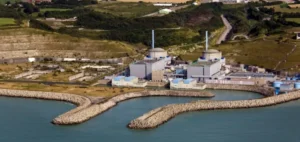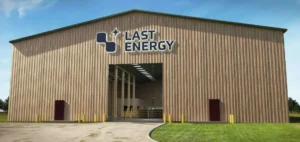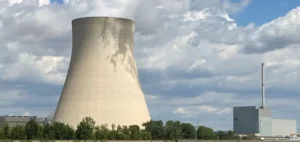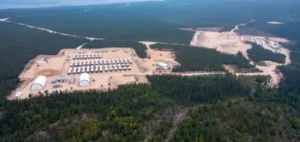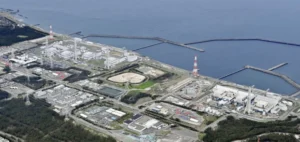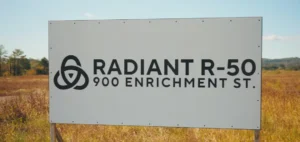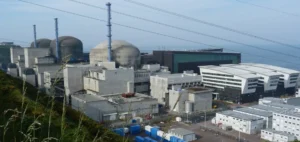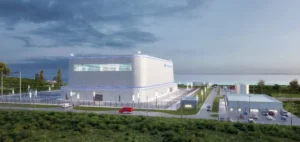Westinghouse Electric Company has announced the signing of seven memorandums of understanding with Bulgarian companies as part of its project to construct two AP1000 nuclear reactors at the Kozloduy site. These agreements aim to integrate more local suppliers into the project’s supply chain.
Expanded local industrial partnerships
The new partner companies – Balkansko Echo EOOD, Bon Marine Ltd, Contragent 35 Ltd, El Kontrol EOOD, ELPROM Heavy Industries JSC, Kozloduy Ltd and Zekalabs Ltd – will provide various services and equipment, ranging from cranes and instrumentation to transport, logistics and electrical components. They join a list of 30 Bulgarian suppliers already involved in the project under Westinghouse’s “buy where we build” policy, which prioritises sourcing locally at project sites.
The American company stated that these agreements are a direct outcome of the supplier symposium held on 1 May in Sofia. The event gathered more than 150 participants from 60 Bulgarian companies and professional organisations.
European goals and construction timeline
The Kozloduy project forms a major component of the intergovernmental agreement signed in 2024 between the United States and Bulgaria for the development of the country’s civil nuclear programme. In November, an engineering contract was signed between Hyundai Engineering & Construction, Westinghouse and the subsidiary Kozloduy NPP-New Builds.
The plan targets commissioning of unit 7 in 2035, followed by unit 8 in 2037. These will be the first AP1000 reactors built in Europe. According to statements made during the symposium, the project aims to strengthen Bulgaria’s position in regional energy supply.
A historic site at the heart of Bulgaria’s electricity network
The Kozloduy nuclear plant already houses two VVER-1000 reactors, commissioned in 1987 and 1991. These units, modernised through life-extension programmes, currently generate around one-third of Bulgaria’s electricity. Four older units, of the VVER-230 type, were closed ahead of Bulgaria’s accession to the European Union in 2007.
Dan Lipman, President of Westinghouse Energy Systems, stated that “the expertise of Bulgarian suppliers is critical to ensuring the project is delivered on time and on budget”.




